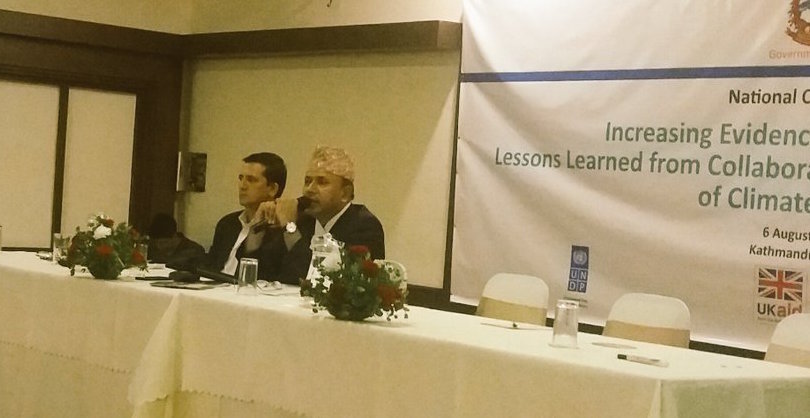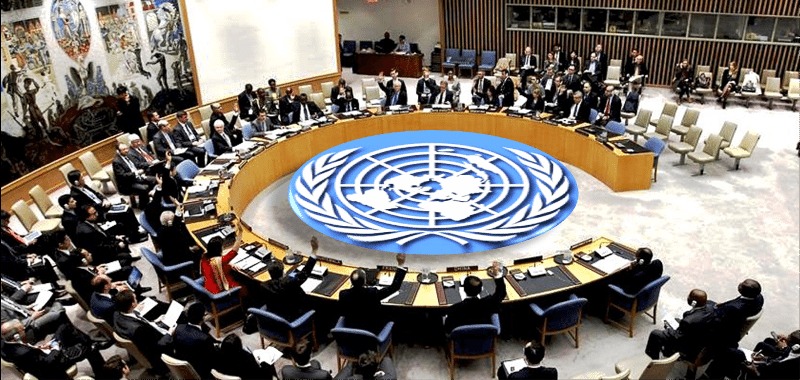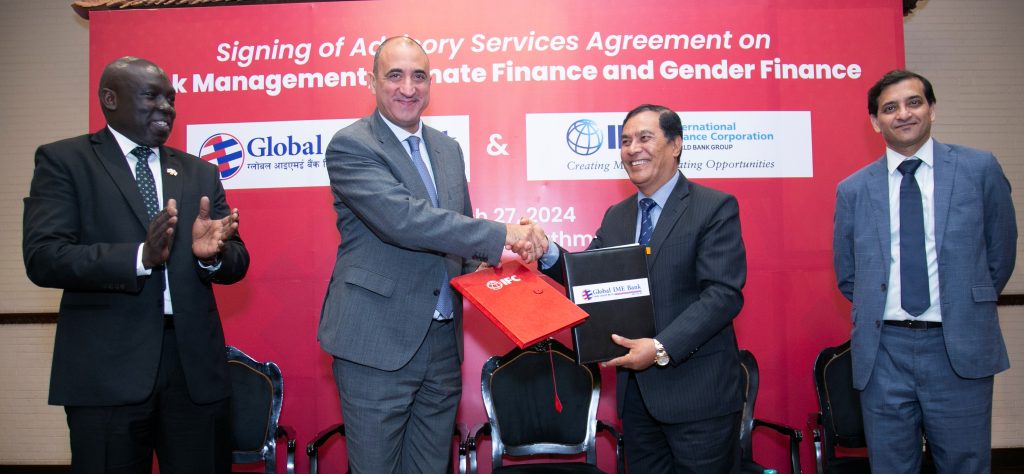Government investment in climate change is paying off in Nepal
- Nature Khabar

The investment made by the Government of Nepal to help Nepalese farmers adapt to climate change is having positive impact on the income level of the farmers, new study reports by the Ministry of Agriculture Development, National Disaster Risk Reduction Center, Freedom Forum and UNDP reveal.
The two study reports – “Collaborative Research on Impact of Climate Change Finance on the Climate vulnerable poor population” and “Public Expenditure Tracking Survey of Cooperative Farming, Small Irrigation and Transportation of Seeds and fertilizers” – were released amid a function on Sunday in Kathmandu. The reports highlighted that the climate related programmes in the agricultural sector have generally had positive outcomes in terms of increasing the income level of farmers, as well as other benefits, such as soil quality, managing local water sources where they are scare.
It is expected that the findings from these research pieces will be used to inform decision-making of key climate related ministries. The research covers the impact of climate related government expenditure on the agriculture sector in Nepal. The analysis reviewed programmes in the districts of Bardiya and Myagdi and identified their socio-economic benefits.
The research also found positive outcomes for the socio-economic status of farmers from climate finance investments. With increases in climate finance investment, household incomes increased by 20%, especially among the poorest. The investments also saw an increase of crop diversification, which improved food security and livelihood options for farmers.
Some of the farmers surveyed, who received support from a climate finance related programme, reported a five-fold increase in income over a three-year period. “Government cannot do everything on its own. It needs the support of other partners. Undertaking research that helps to improve policies and improve investment decisions is one way in which we can better understand what investments have worked, and where improvements are needed” said Kewal Prasad Bhandari, joint secretary budget division, Ministry of Finance.
However, the study also found that information on vulnerabilities related to climate, poverty and gender was not always used in government decision making, despite its availability. “Agriculture is very climate sensitive and it is important to understand the impact that government spending has on addressing the climate related challenges to the sector.
Getting this right is essential for Nepal as agriculture accounts for nearly 70 percent of total employment and contributes nearly one-third of Nepal’s gross domestic product (GDP). Government spending, therefore, needs to be tested and proven to have positive impacts,” said Madhu Sudan Gautam of Nepal disaster risk reduction Centre. Public Expenditure Tracking Survey (PETs) The Public Expenditure Tracking Survey (PETs) carried out by Freedom Forum reveals that the government-funded climate related small irrigation projects in Bardiya and Udayapur sowed an excellent delivery record, which went above 90% in the surveyed two districts.
Public Expenditure Survey aims to improve climate finance transparency by monitoring climate finance from its source directly to recipients in Nepal. “The public expenditure tracking survey is critical in determining how much of what the government intends to allocate to groups and projects actually gets there,” said Krishna Sapkota of Freedom Forum. “This is an important tool to hold governments, public servants, planners and implementers to account. Without products like the PETS, poor, vulnerable and marginalised people are unable to verify whether funds are misused.”
The results of the report show that the government investments are making tangible difference in the lives of the poorest. "This motivates us to do more and UDNP stands committed to continue support the government to help Nepal achieve the Sustainable Development Goals on Climate change, or the SDG13," said Vijaya Singh, Assistant country Director, UNDP Nepal. Sujala Pant, representing UNDP’s regional programme added, “Through the Governance of Climate Change Finance programme, UNDP will continue to work towards greater transparency and accountability in climate finance. Creating platforms to facilitate public debates about resources designed to benefit the most vulnerable is a key in creating equitable and sustainable development outcomes for all,”





Feedback